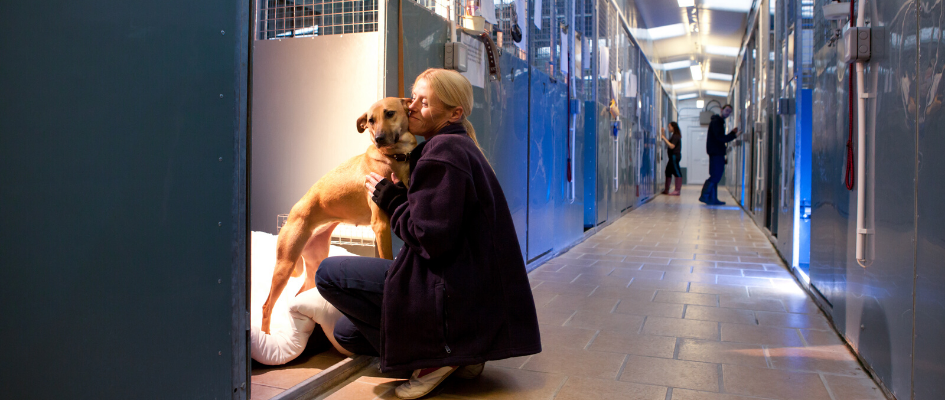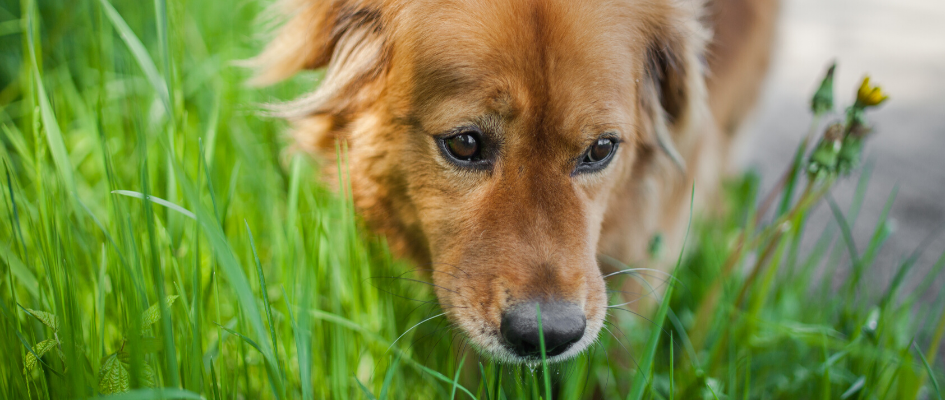We know you want to do all you can to keep your pet healthy, happy and safe this summer. There are a few things to think about to keep them from harm — we’ve listed our top ten tips below!
Tip number 1: Barbecues
- Burns are common in both dogs and cats. Make sure your pet can’t get near the barbeque until it has cooled down.
- Skewers and chicken bones in leftovers or in the bin are a big problem for dogs if they get to them. They may not even realise they have eaten them with the meat but they can do massive internal damage. To prevent this, make sure that skewers or chicken with bones aren’t left in your dog’s reach, or are put in a container. It’s also wise to take the bin out straight away to stop them from getting to any meat and skewers left in there. We know they’ll sniff them out otherwise, given the chance!
Tip number 2: Heatstroke
- Hot cars are a common cause of heatstroke in dogs, which can be fatal. Never leave a dog in a car in hot weather, even if it is shady and you only intend to be 5 minutes. It isn’t worth the risk.
- Shade and water is key at this time of year to prevent heatstroke. All of your pets should have this at all times in hot weather. If you are going out with your dog consider taking an umbrella and a pop-up water bowl so that they can rest in the shade and have a drink wherever you go.
Tip number 3: Hot pavements
Hot pavements can burn dogs’ paws. Ideally only take your dog out for a walk in the morning or evening when it is cooler. Also, you can try and walk on the grass instead. If you are unsure if it is too hot, follow the 7 second rule – you will soon know if it would burn their paws! Place the back of your hand on the pavement for 7 seconds, if it’s too hot for you – it’s too hot for them.
Tip number 4: Summer travels
It’s very important that when you are going away, your pet will be safe — if they’re coming with you or not!
- If your pet is on regular medication, then make sure that you come to see us before you go away so you don’t run out.
- If your pet is coming with you on holiday and you are travelling by car, then you need to schedule in lots of breaks (ideally at least once an hour) so that your pet can get out of the car, go to the toilet and just stretch their legs. Always make sure there is plenty of water for them to drink. Be prepared for travel sickness, many dogs and cats get travel sick. If they are beginning to look unwell then pull over at the next services to let them get some air and start to feel a little better. A long journey can be much more stressful than we can imagine, you can use pheromone sprays to reduce stress – get in touch with our team if you’d like more advice.

Tip number 5: Staying in the cattery or kennels
Make sure your pet is fully vaccinated, flea treated and wormed before they go in, you don’t want them to come out sick or infested! If your dog is going to stay with a sitter, or dog walker it’s advised that your dog gets the kennel cough vaccine, which is a quick and painless spray up the nose.
Tip number 6: Going abroad with your pet
If you plan to take your pet abroad then you will need to come in and see us in advance of your trip. Pets must have an Animal Health Certificate to travel and to qualify they will need a rabies vaccination and wormer in advance of the trip. Our vets will also give you advice about travelling and others risks when abroad.
Tip number 7: Flystrike
Rabbit owners, this one’s for you! Flystrike is where flies lay eggs on moist areas (often the back end), which then hatch to become maggots. This is very painful, as the maggots eat their way into the poor rabbit’s flesh. Any rabbit in the summer is at risk of flystrike, especially those with a wet or dirty back end as this attracts the flies. If you notice your rabbit has flystrike, ring us straight away. To prevent this, you need to check your rabbit’s bottom every day and clean it up. This should stop the flies from being attracted to that area and means you can catch it early if there is any flystrike.

Tip number 8: Fleas
Fleas are very common at this time of year and if you have a pet that goes outdoors then it is inevitable for them to get fleas. You can’t always see fleas on your pet when they have them, so it is always best to treat whether you can see them or not.
- It is important that you treat your pet regularly (once a month normally but check the product you are using) and ideally with a prescription-strength product bought from us – that way you can be sure it is safe to use and is going to work!
- If your pet already has fleas your house will also be infested. You will need to wash all bedding at a high temperature, hoover thoroughly including crevices in sofas and treating the house with insecticidal flea spray.
Tip number 9: Ticks
These little bloodsuckers carry some very nasty and potentially fatal diseases such as Lyme disease and, more recently, babesiosis. This is mostly a risk for dogs that go walking through long grass (don’t forget about those pesky grass seeds either!). To prevent diseases from ticks, you can regularly treat for ticks (you can get a combination product with the flea treatment) and check your dog over every time you come back from a walk. We can always give advice on tick removal and there are specific tick removal tools, this allows you to be sure you have removed it all and have not left the mouthparts in.
Tip number 10: Suncream
In the summer months, the UV rays from the sun can be a problem for our pets, just like us. There is a form of skin cancer that can be caused by too many UV rays, especially in our white (or pink nosed) pets. You can buy pet-friendly sun cream at most pet supermarkets and this only really needs to be applied to the nose and ears (especially important in cats).
